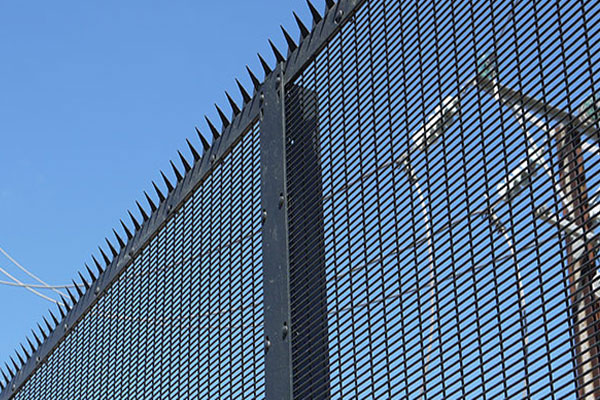1. <br> <br> polyvinyl chloride resin polyvinyl chloride resin formed by polymerization of vinyl chloride thermoplastic linear polymer compound, from the molecular structure, having a PVC main chain carbon chain, line- Type, containing C-Cl polarity bonds. PVC resin has the following basic characteristics:
(1) is a thermoplastic polymer material with good plasticity and flexibility.
(2) Due to the existence of CCl polarity bonds, the resin has a large polarity, so the dielectric constant ε and the tangent of the dielectric loss angle are large, and at a low frequency, there is a high electric strength. In addition, due to the presence of polar bonds, the intermolecular force is greater and the mechanical strength is higher.
(3) The molecular structure contains chlorine atoms, the resin has non-flammable and good chemical resistance and weather resistance. Chlorine atom can destroy the crystal structure of the molecule, the heat resistance of the resin is low, and the cold resistance is poor. Adding an appropriate amount of compounding agent can improve the performance of the resin.
2. The method of polymerization of the polyvinyl chloride resin are polyvinyl <br> <br> type: suspension polymerization, solution polymerization floating, bulk polymerization and solution polymerization of four.
The manufacture of polyvinyl chloride resin is currently mainly used suspension polymerization method, wire and cable is a suspension method of polyvinyl chloride resin.
The structural shapes of the resins used in the suspension polymerization of polyvinyl chloride are: loose resin (XS type) and compact type resin (XJ type). The loose resin has loose texture, large oil absorption, easy plasticization, convenient operation and control, and few crystal points, so the resin used in wire and cable is loose.
3. The main properties of PVC 1) Electrical insulation properties: PVC resin is a kind of more polar dielectrics, good electrical insulation properties, but relatively non-polar materials (such as polyethylene, polypropylene) is slightly poor . The volume resistivity of the resin is greater than 1015 Ω·cm; the dielectric constant ε of the resin at frequencies of 25°C and 50 Hz is 3.4 to 3.6. When the temperature and frequency change, the dielectric constant also changes significantly; the dielectric loss of polyvinyl chloride Tangent tgδ is 0.006-0.2. The breakdown field strength of the resin is not affected by polarity, and the breakdown field strength at room temperature and power frequency conditions is relatively high. However, polyvinyl chloride has a large dielectric loss and is therefore unsuitable for high-voltage and high-frequency applications. It is generally used for insulation materials for low-voltage and medium-voltage power cables with voltages below 15 kV.
2) Aging stability: From the molecular structure point of view, the chlorine atoms are all connected with carbon atoms and should have high stability against aging. However, in the production process, due to the direct influence of temperature and the effect of mechanical force, hydrogen chloride is easily released, and under the action of oxygen, degradation or cross-linking occurs, resulting in a discolored and brittle material, a significant decrease in physical and mechanical properties, and deterioration in electrical insulation performance. Therefore polyvinyl chloride is aged. In order to improve its aging, a certain amount of stabilizer must be added.
3) Thermo-mechanical properties: Polyvinyl chloride resins are amorphous polymers that have three physical states at different temperatures, namely glassy, ​​highly elastic, and viscous flow regimes. The polyvinyl chloride resin has a glass transition temperature of about 80°C and a viscous flow temperature of about 160°C. Being in the glass state at room temperature, it is difficult to meet the wire and cable use requirements. For this reason, polyvinyl chloride must be modified to have a high elasticity at room temperature, and at the same time, it has both high heat resistance and zero resistance. Adding a proper amount of plasticizer can adjust the glass transition temperature to increase plasticity, achieve softness, and improve mechanical properties.
FHM fence factory provides a variety of 358 anti-climb fencing for your supplying chain/warehouse.You could have a multiple choice here.358 security fence design combines high security and aesthetic. Panel sections are welded wire mesh with small rectangular openings 76.2mm ×12.7mm made from 4mm Galfan steel wires, and welded well at each intersection, then PVC powder coating with Green RAL 6005 or Black RAL 9005 color, which provides a protective anti-corrosion properties of sections for 10 years.
358 mesh fence is wildly used for the places need high security protection, such as prison, military zone and other places need or have lower security control.

358 Anti-Climbing Fencing,Anti Climb Fence,Security Mesh Fencing,358 Mesh Fencing
DINGZHOU FEIHONG METAL MESH CO.,LTD , https://www.fhmfencing.com